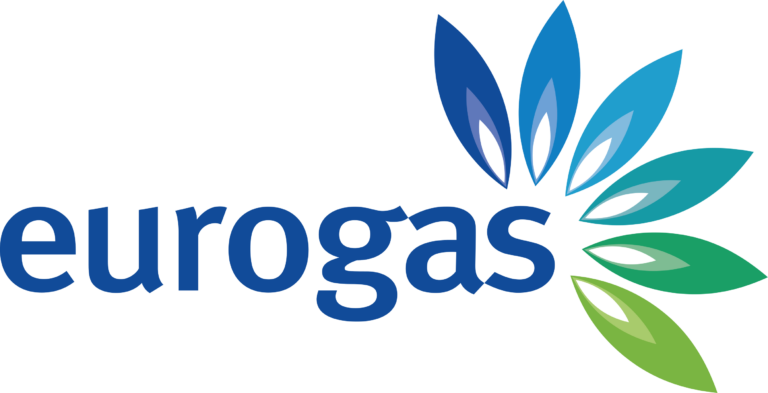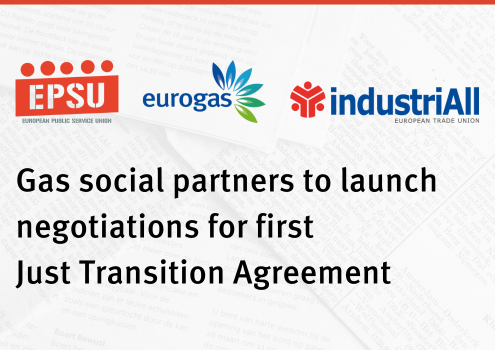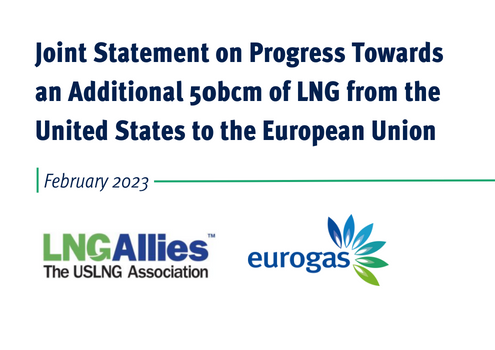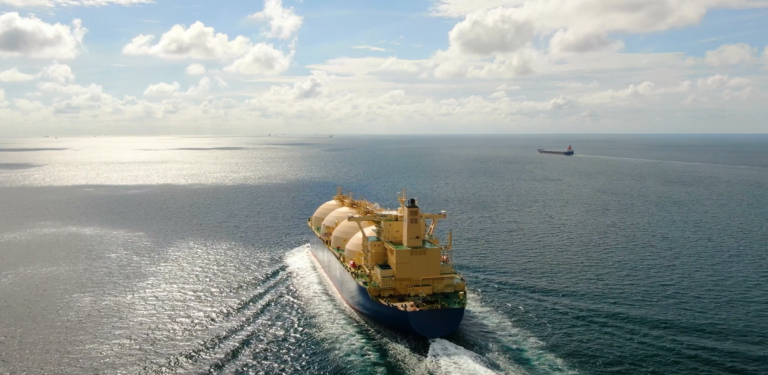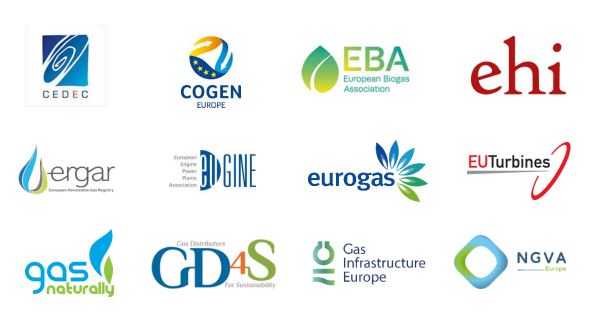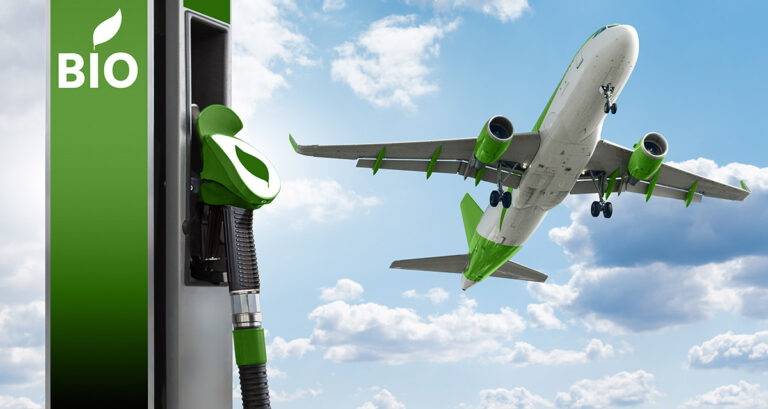Brussels, 3 May 2018. Gas – natural, decarbonised and renewable – can help to achieve more ambitious emissions reductions by 2030 in heating, power and transport, and can therefore win time for new options towards 2050. This is one of the key outcomes of the Eurogas scenario study with PRIMES, presented today by Eurogas.
The study was commissioned by Eurogas and undertaken by E3MLab on the basis of the PRIMES economic model, widely used by the European Commission to guide the EU’s energy policies. All scenarios assume that the EU’s climate targets are fully met and examine the technologies applied to reduce emissions, the energy mix, and the costs of achieving the targets by 2030 and by 2050.
The study demonstrates that the versatile role of gas and the gas system enables a socially acceptable pathway to 2050, supporting higher shares of renewable energy, while limiting the cost increase for consumers.
“The Eurogas scenario study with PRIMES confirms the conclusions recently announced by multiple other studies: that gas – natural, decarbonised and renewable – has strong potential to play an integral role in reducing Europe’s GHG emissions and achieving clean energy for all Europeans,” Eurogas Secretary General Beate Raabe points out.
Specifically, the innovative gas scenario showed that switching from coal and oil to natural gas would exceed the EU’s 2030 GHG reduction target by 5%. Moreover, this would provide time to develop new costefficient options for 2050. Innovative gas solutions, such as the development of renewable and decarbonised gas towards 2050, would enable a 7% higher share of renewable energy overall, compared with the conventional wisdom scenario.
A higher share of renewables goes hand in hand with a 9% higher demand for gas to meet emissions reduction targets, in the innovative gas scenario. Gas demand levels in the EU would still be important in 2050, justifying the completion of an integrated EU gas network. Gas demand could be up to 460bcm in 2050, 70% of which would be renewable gas.
The study also showed that strong electrification would meet system limitations and cause high overall costs. The PRIMES model calculated that more use of gas saves up to €335bn in infrastructure investments between 2015 and 2050. It points to a mix of decarbonisation options as the better approach.
“The study confirmed that gas is not just an energy transition fuel, but a key part of the future energy system that should be based on partnership and fair competition with other energy sources,” Beate Raabe concluded.
Visit www.gaswindandsun.eu to check the outcomes of the modelling and request a copy of the Eurogas scenario study with PRIMES.
Eurogas is an association representing 44 companies and associations engaged in the wholesale, retail and distribution of gas in Europe. Eurogas provides data and information relevant to EU decision makers and opinion formers in making the right policy choices.
Press contact: Marina Demidova, marina.demidova@eurogas.org, tel. +32 2 894 48 05
Eurogas • Av. de Cortenbergh 172 • 1000 Brussels • Belgium • www.eurogas.org
